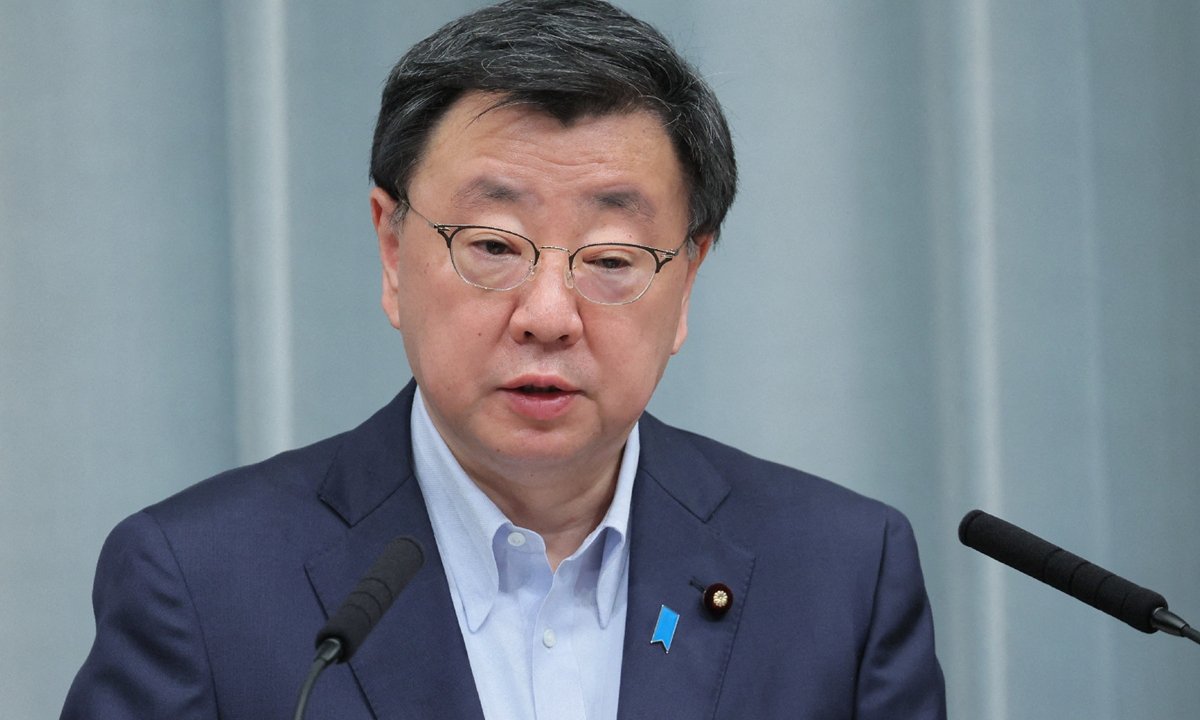Introduction
In the wake of a significant incident involving alleged Chinese military hackers and Japan’s defense networks, the U.S. has sought to stabilize its military alliance with Japan by expressing confidence in continued intelligence sharing. Experts believe this incident has further exposed Tokyo’s hesitancy to align with Washington’s Indo-Pacific strategy, potentially harming Japan’s interests.
Background: The Alleged Chinese Hacker Incident
The situation began to unfold on Monday when the Washington Post reported that Chinese military hackers had gained access to Japan’s most sensitive defense networks in 2020. The information allegedly accessed included vital details about Japan’s military capabilities, strategic plans, and an internal assessment of its shortcomings.
Tokyo’s Reaction
Japan’s response to the allegations was notably tepid. While the government has taken steps to bolster its networks, these efforts are still deemed insufficient against potential threats from Beijing. This could hinder intelligence-sharing between the Pentagon and Japan’s Defense Ministry.
Japan’s Chief Cabinet Secretary Hirokazu Matsuno and Defense Minister Yasukazu Hamada both issued statements denying the incident’s impact on national security and denying any cyberattacks that could affect the ministry’s missions.
U.S. Stance and Strategic Goals
The U.S. swiftly changed its tone following the report, with the Pentagon expressing confidence in sharing intelligence with Japan. This shift in approach indicates an attempt by Washington to assure and stabilize its military alliance with Tokyo. It comes on the heels of U.S. officials criticizing Japan’s supposed lack of competence in preventing the leak.
Allegations as a Strategic Tool?
Some experts, such as Lü Chao from the Liaoning Academy of Social Sciences, see the incident as a staged drama by the U.S. The real intention, they argue, is to smear China and create tension in East Asia, thus drawing Japan and South Korea closer to implementing the U.S.’s Indo-Pacific strategy.
Analyzing Japan’s Response
Japan’s lukewarm reaction could be seen as an unwillingness to cooperate with Washington’s strategy. The indifference may suggest that Japan does not believe the incident occurred or does not consider it a serious matter.
Why the Indifference?
This unwillingness could stem from several factors:
- Economic Considerations: Japan may be wary of damaging its complex economic relationship with China.
- Strategic Balance: Tokyo might be striving to maintain a balance between its alliance with the U.S. and its regional relations, including China.
- Domestic Politics: Internal political considerations and public opinion might be guiding Japan’s cautious stance.
Implications for the US-Japan Alliance
The incident and subsequent reactions expose underlying tensions and complexities in the U.S.-Japan alliance.
- Trust and Competence Issues: The U.S.’s initial blame on Japan for lack of competence and subsequent swift assurance may lead to trust issues.
- Aligning Interests: The divergence in priorities between the U.S. and Japan may cause friction in aligning their interests, especially in dealing with China.
Conclusion: A Complex Regional Landscape
The “Chinese hacker incident” is more than a cyber-attack allegation; it reveals a tangled web of alliances, interests, and strategies in East Asia. The U.S.’s attempt to assure Japan and Tokyo’s lukewarm response unveil an intricate dance of diplomacy, where both parties must consider broader geopolitical dynamics.
Ultimately, the incident serves as a reminder of the delicate nature of international relations in the region. The contrasting reactions from the U.S. and Japan underscore the multifaceted challenges that both nations face in navigating their shared interests and global strategies.
By taking a closer look at this incident, one can glean valuable insights into the evolving landscape of global geopolitics, particularly in the Indo-Pacific region. It reflects a world where alliances are not merely about mutual defense but are intertwined with economic, political, and social considerations. The incident highlights how international diplomacy is a complex, ever-shifting terrain where even the closest allies may find themselves at odds over shared interests and long-term strategies.
Read More:
